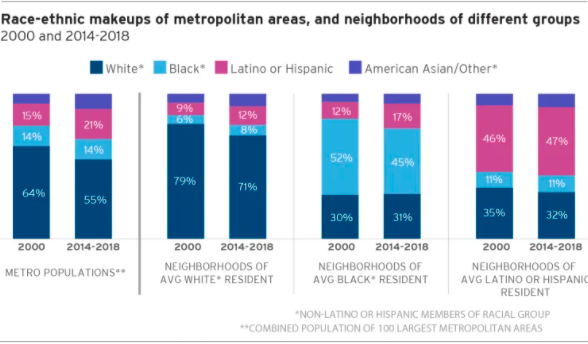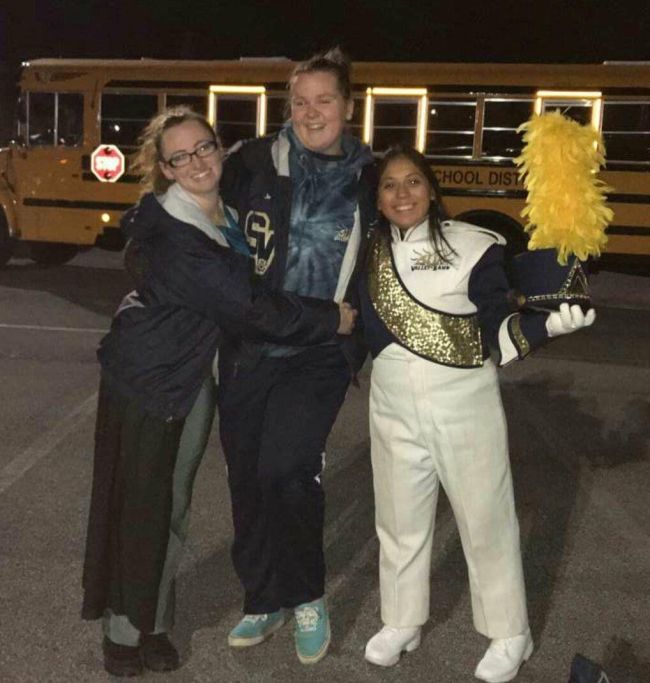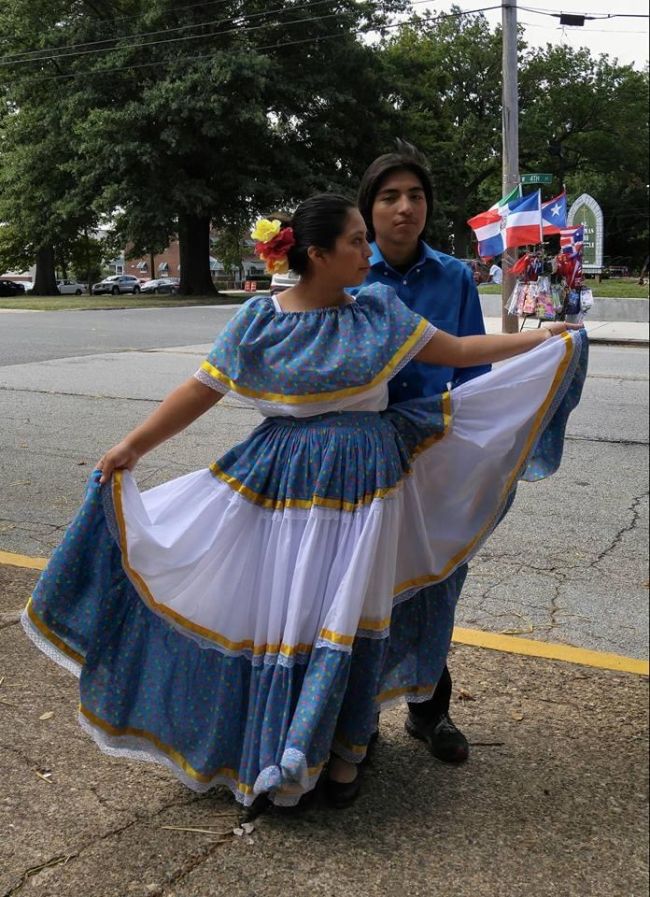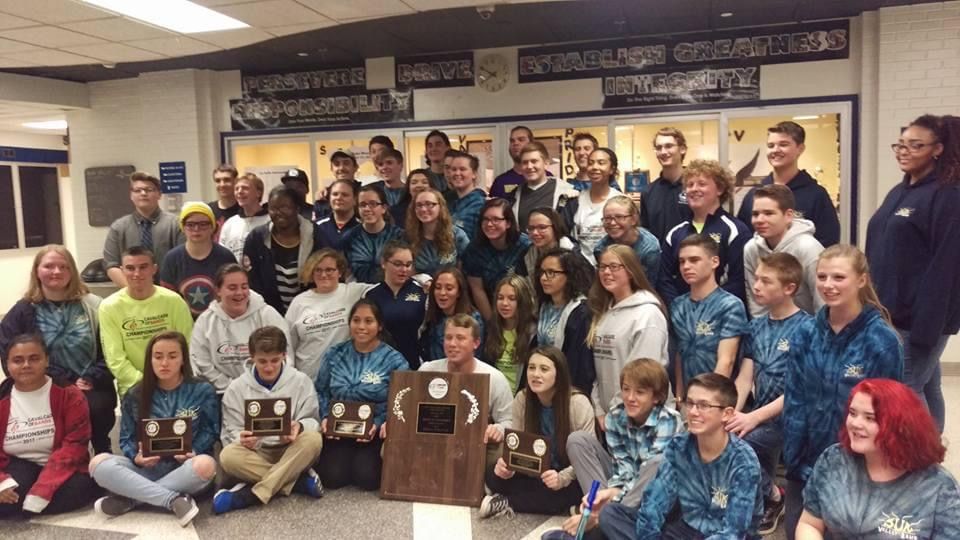Attending Cabrini University has been my first experience of diversity. Throughout elementary, middle and high school my brothers and I were the only Hispanic kids in our classes. My graduating class consisted of 280 students. 28 of those students were Black, and I was the only Latina.
My parents wanted to give my brothers and me the best education they could and decided to move to a nice community closer to my dad’s work. My parents were fortunate enough to move us to a predominantly white area, near a school with a good education department. On average, Latino families only make up around 12 percent of white communities.

Multiyear American Community Survey
My family and I moved to Aston, Pennsylvania, when I was 6. Thankfully, I was never picked on in school because of my race. I can only assume it is because I grew up with everyone in my class. The only experience I had with being left out because of my nationality was when I wasn’t invited to one of my classmates’ birthday parties because she “wasn’t allowed to invite Mexicans.” That made me extremely depressed as a kid. I didn’t even want to go to school anymore, but eventually after about a month the feeling passed.
Growing up in a predominantly white town meant I only really knew how to act like the people around me. My parents would take my siblings and me to parties with relatives that were my age and, as parents do, encouraged us to hang out with our cousins.

marching band competition.
Taken by Denise F. Taylor
I was never comfortable. I didn’t know the same slang as my Mexican family members, and I didn’t have the same interests as a lot of the other kids at the parties.
While I listen to techno or electro swing, my cousins listen to Vicente Fernández. My parents always brought up how “white” my brothers and I sounded when we spoke Spanish compared to my cousins. While my family members are fluent in writing, reading and speaking Spanish, I was only taught how to speak Spanish.
I felt the most comfortable around my peers and friends. If you took one look at my friends and me, you probably wouldn’t guess that I had been friends with these classmates for over a decade. I got along with all my classmates and no one cared about how I looked, but I never fully felt like I really fit in either.

Moises at a dance performance.
Taken by Maria F. Rosas
While the other girls in class were learning ballet and tap, I was learning traditional Mexican Folklorico. My friends would refer to me as “the Mexican.” I had one friend who would joke about calling border patrol, getting me deported, and regularly asking what it was like to “jump the wall.” I always laughed and played along because I knew it was all a joke, but it still made me feel hurt and scared. Looking back now, I can really see how racism can come from even the closest of people even if it’s unintentional.
I never felt like the odd one out until the day of my graduation. I remember looking around and feeling overwhelmingly sad, not because I was graduating, but because I realized how alone I felt the entire time in school. I was just supposed to be happy that I was graduating from high school surrounded by friends and family, but I couldn’t shake the feeling that I had missed out on everything I was supposed to have learned in my Mexican culture.
I wouldn’t change the life I was given for the world. I appreciate every opportunity I was given, but that didn’t make growing up Mexican in a white community any less isolating. I’m sure many children who are kept away from their culture and raised somewhere that is completely different, feel just as isolated from relatives.
Like me, they might not notice the feeling of a lack in diversity, but as you get older it’s harder to ignore. Even though I still struggle with my identity and who I’m supposed to be, coming to Cabrini and having the opportunity of being in classes with people who look like me for the first time reminds me how proud I am to be Mexican-American.



